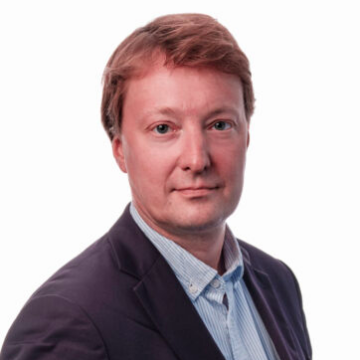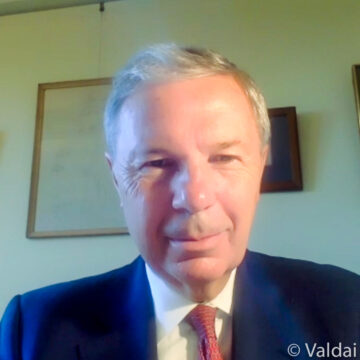On Thursday, October 8, the Valdai Club hosted an online discussion, titled “How Do We See the UN in the 21st Century?”, which was timed to coincide with the 75th anniversary of the establishment of the United Nations. Recognising that the nature of international threats has changed significantly during its existence, the speakers noted that the UN continues to play a unique role in the international system. The moderator of the discussion: Fyodor A. Lukyanov, Editor-in-Chief of Russia in Global Affairs.

The UN celebrates its 75th anniversary amid extremely unusual circumstances. The coronavirus pandemic has jeopardised the nature of diplomacy itself, as face-to-face dialogue has been replaced by meetings online. Dmitry Polyansky, First Deputy Permanent Representative of the Russian Federation to the UN, spoke about the specifics of the Organisation’s work amid the on-going pandemic. According to him, the most important diplomacy is now either conducted online, and this fails to yield any results at all, as this format does not foster the level of trust that classic negotiations provide. The high-level week in the General Assembly looked rather strange, with video messages from world leaders that did not involve discussion. Nevertheless, in recent weeks, offline activity is gradually being restored at the UN headquarters — for example, today there was a “historic return” to the long-empty hall of the Security Council. The representatives of national delegations will now be separated by plexiglass panels, the installation of which was carried out by the Permanent Mission of Russia, which presides in the Security Council this October.
The new complexities created by the pandemic once again lead one to think about the role of the UN in maintaining international order. Is the Organisation capable of providing adequate solutions to the challenges of today? According to Jean Marie Guéhenno, UN Deputy Secretary General (2000-2008), unlike during the Cold War era, when there was a clear threat of total war, today threats have become more vague. States are behaving less and less predictably, and participation in formal alliances is not an obstacle to independent foreign and defence policies, as Turkey is clearly demonstrating. Under these conditions, the Security Council is not in the best shape, and is in many respects effectively paralysed, the French diplomat said.
Statements about the need to reform the UN Security Council have been heard for a long time. But what would this reform look like? According to Timofei Bordachev, Programme Director of the Valdai Discussion Club, if we are talking about expanding the number of permanent members of the Security Council, this is tantamount to abolishing the UN itself. The parameters of the international system have always been set by the countries that won the world’s last great war; due to the fact that the Second World War is the last such war, the winners should play a leading role, he said. In addition, the military potential of any of the five permanent members of the UN Security Council is much higher than that of any of the potential candidates for this role, and the leaders of the nuclear powers are aware of their special responsibility for maintaining international peace.
The reform of the UN Security Council should not necessarily involve radical measures, Dmitry Polyansky said. The Security Council remains an important and powerful forum, but too often the point of view of the collective West dominates. “In my memory, the number of members of the European Union, including Britain, reached five or even six,” Polyansky said. According to him, during the discussions, the EU countries “distribute roles in a circle, they say the same things”. Russia is in favour of enhancing the representativeness of the UN Security Council. For this, it is necessary to increase the proportion of African, Asian and Latin American states so that the Security Council should reflect the “aspirations of the peoples of the world” and become “more democratic”.
Despite these the difficulties, the UN remains a unique organisation whose role will grow, the participants in the discussion summed up. Among other things, it is an unprecedented compromise in the history of international relations between morality (represented by the General Assembly) and force (represented by the Security Council). Only the preservation and improvement of this mechanism will make it possible to keep international relations within the rule of law.













